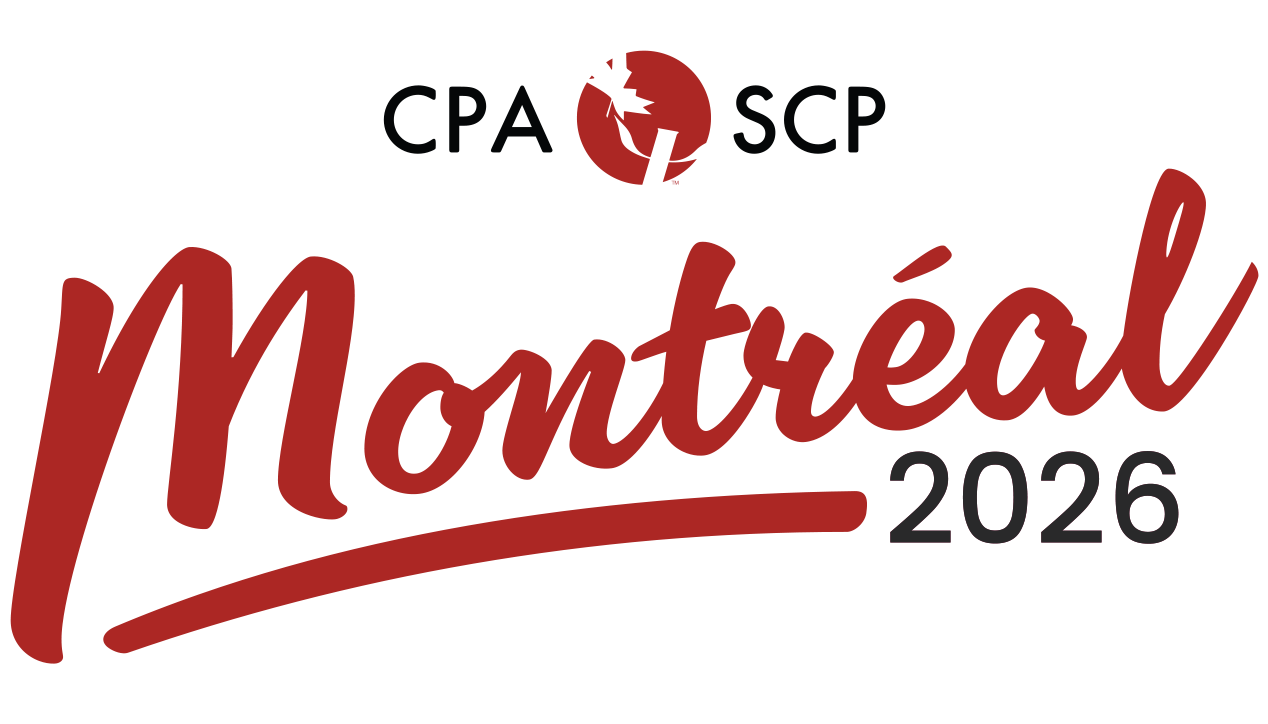Most of us reason and make decisions every day based on what we read in a first or second language (e.g., reading a social media post and deciding whether to like or share; reading application materials and deciding who to hire for a job). Major research areas within the cognitive and neural sciences separately illuminate the cognitive mechanisms of reading (e.g., decoding words, sentences, and discourse) and thinking (e.g., inferencing, reasoning, decision making). However, surprisingly little work leverages the theoretical and empirical power of both to study the full range of cognitive processes that allow us to transform what we read into goal-driven decision outcomes. I collectively refer to this global cognitive and neurocognitive capacity as Reading-To-Think. In this talk, I selectively review research from my lab that begins to address how multilingual adults read-to-think in their first and second language. These could include: multisentence texts that require inferencing and decision making (logical, mentalizing, and ironic inferences); and multisentence texts that require moral reasoning and decision making.
Dr. Debra Titone is a cognitive psychologist known for her research on bilingualism and multilingualism. She is currently a Professor of Psychology and a chair holder of Canada Research in Language & Multilingualism at McGill University. Dr. Titone received her B.A., with honors in Psychology from New York University. She subsequently obtained her Ph.D. in Experimental Psychology from the Binghamton University in 1995.
Dr. Titone's research program at McGill explores how people read, write, listen, and speak languages, possible advantages of bilingualism, and how the processing of multiple languages is different from monolingualism. Her work has aimed to characterize the diversity of language experiences that people have and how this diversity reflects the human brain's capacity for language.


Recent Comments